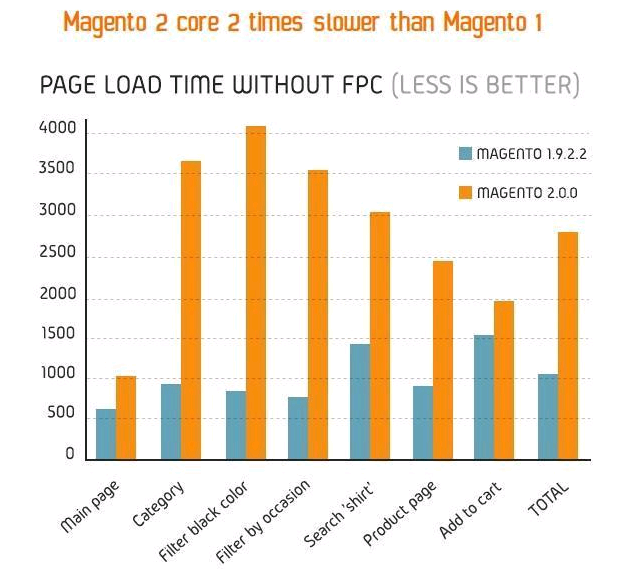In the upcoming event of Magento 1 EOL a very large number of stores worldwide are still running on M1. End of Life means no patches, no security updates, no support for newer PHP versions etc. We’ve considered possible alternatives of M1, in terms of performance, efficiency and maintenance costs. As we used to work mostly with small and medium-size stores our vision is focused on it.
According to announced policies EOL for minor M2.x versions is 18 months since new minor release. M2.4 was released on July 28 ’20 , so EOL for M2.3 is expected in the middle of 2022.
| Magento 1.9 | Magento 2.3 | OpenMage LTS 20.x | |
|---|---|---|---|
| Latest version | 1.9.4.5 | 2.3.5p1 | v19.4.15 |
| Latest release date | April 28, 2020 | April 28, 2020 | August 26, 2021 |
| End-of-Life | June 30, 2020 | expected in 2022 | expected in 2024 |
Conclusion
We use OpenMage LTS as drop-in replacement for M1 as it is the strongest and the most efficient option for small and medium-size stores, especially when store is already at M1.9.4+ && PHP7.2.Number of live stores
The picture is not changed for the past year. Number of M1.x stores is still twice higher than number of all M2 stores.
Performance
M1 still outperforms M2, especially on PHP7.2 and powerful servers used to deploy M2. You can see all measures in this post @medium:
Maintenance costs
Magento 2 maintenance costs are way higher than it used to be with M1.Possible alternatives
- OpenMage LTS: real community-driven M1 alternative, already have more then 200 patches included provided by the community, which are not part of the original M1
- Shopware, lightweigt and efficient solution built on top of Symphony framework, there are self-hosting and cloud options possible
- Shopify: more simple (no configurable products), have no self-hosted option, may by suitable for simple catalogs
- Woocommerce: much more simple, may be suitable for small and simple catalogs. All data (products, orders, invoices etc.) is stored in single column in JSON which makes it unusable with real long-term ecommerce use-cases.
Other resources to consider
- Reddit threads
- Bad experience with Magento 2 deployment
- Open letter to Magento community
- https://medium.com/@mrloo/your-version-of-open-source-1-is-sunsetting-migration-assistance-available-9207167ec82f
What is your experience with Magento 2 or other M1 alternatives?
Do you have some stores on M2 running already or planning a migration?Which M.1 alternatives you have considered?
Would not mind to share your thoughts with us?